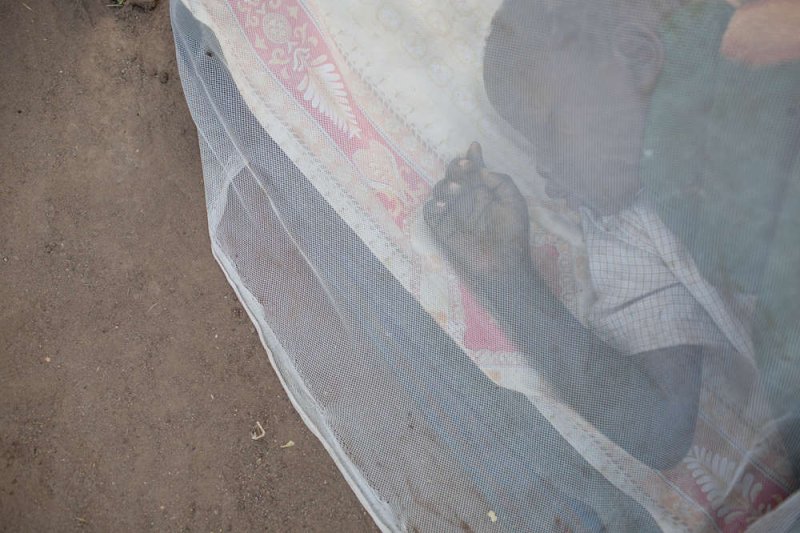A scathing opinion piece in the BMJ is accusing the World Health Organization of conducting a pilot program in Africa for an experimental malaria vaccine without acquiring the informed consent of participants. Experts are calling it a “serious breach” of international bioethical standards and potentially “a disaster for public trust in vaccines.”
The trial in question is currently underway in Malawi, Ghana, and Kenya and is slated to involve over 720,000 children, who will be administered the experimental malaria vaccine, called Mosquirix, over the next two years.
…
“Recipients of the malaria vaccine are not being informed that they are in a study,” declared [Peter] Doshi in the BMJ article. “And the extent to which parents are being given information about the known safety concerns before vaccination is unclear.”
…
Mosquirix has been linked to higher rates of cerebral malaria (when parasite-infected blood cells block small blood vessels to the brain), and, very troublingly, a two-fold risk of all-cause mortality in girls.
For the pilot, WHO is randomly assigning areas, or clusters, in which the vaccine will be rolled out. After two years, the health agency will evaluate the data and make a decision about whether or not to roll out Mosquirix on a much larger scale.































